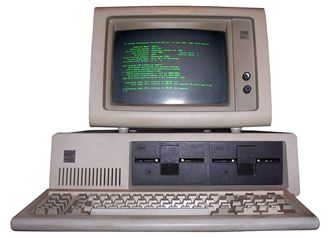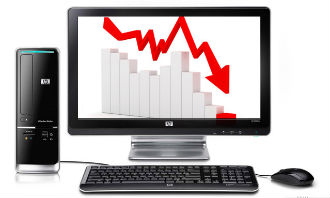 Sales of PCs in the Middle East and Africa (MEA) region showed growth in the second quarter, stopping a continuous seven quarter decline. That applies to both notebooks and desktop machnes.
Sales of PCs in the Middle East and Africa (MEA) region showed growth in the second quarter, stopping a continuous seven quarter decline. That applies to both notebooks and desktop machnes.
So says market research company IDC, which said growth in the quarter amounted to 2.2 percent, up by 4.5 million units.
Oddly, the bulk of the growth came in Iran, Iraq, Syria, Yemen, Palestine and Afghanistan. Why is that odd? Because, according to Fouad Rafiq Charakla, research manager at IDC, no vendor make any official shipments of PCs into these countries.
Saudi Arabia and Pakisan showed growth in the region. “The healthy shipments seen in most countries can either be attributed to a recovery from instability – be it economic political or social – or to previously low PC penetration rates. Bearing this in mind, Egypt and Nigeria are expected to be among the region’s fastest growing PC markets in 2014,” Charakla said.
The top dogs in the region are HP, Lenovo, and Dell. But the last suffered a shortfall year on year. Acer and Asus came fourth and fifth respectively.









